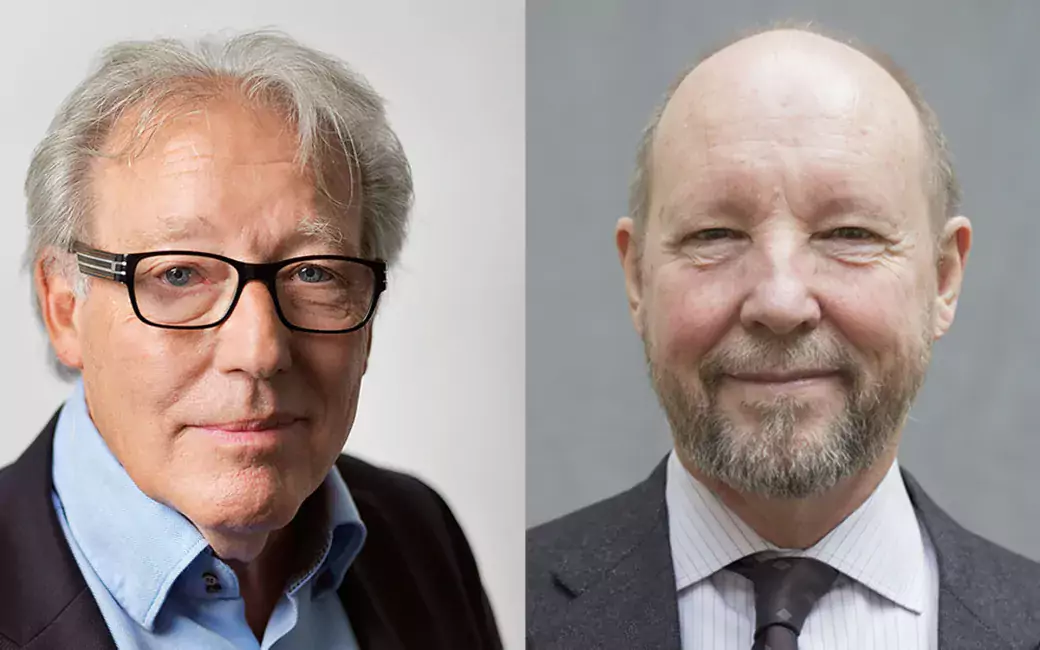The University of Helsinki will host the 38th Annual World Cultural Council Award Ceremony in November 2023. At the event, the "Albert Einstein" World Award of Science and the "José Vasconcelos" World Award of Education will be conferred on eminent pioneers Professor Christoph Gerber and Professor Larry V. Hedges.

The University of Helsinki will host the 38th Annual World Cultural Council (WCC) Award Ceremony on Friday 3rd November 2023. At the event, the "Albert Einstein" World Award of Science and the "José Vasconcelos" World Award of Education will be conferred on eminent pioneers honouring their tireless efforts and the inspiration they bring as role models, encouraging young generations to join forces to overcome the challenges of our society.
This year Professor Christoph Gerber, Department of Physics and Swiss Nano Institute, University of Basel, Switzerland, has been selected as the winner of the World Cultural Council 2023 "Albert Einstein" World Award of Science. The prize is awarded in recognition of the fundamental nature and broad impact of his research on Nanoscale Science.
Professor Larry V. Hedges, Board of Trustees Professor of Statistics and Education and Social Policy; Professor of Psychology; Professor of Medical Social Sciences, Northwestern University, USA has been selected as the winner of the World Cultural Council 2023 "José Vasconcelos" World Award of Education. The prize acknowledges Prof. Hedges's groundbreaking and systematic application of research and his development of methods for meta-analysis over the past four decades which have contributed to more accurate assessment of evidence across disciplines.
Albert Einstein World Award of Science
The WCC jury recognizes, Prof. Christoph Gerber's co-invention of Atomic Force Microscopy (AFM) and his participation in the development of the Scanning Tunneling Microscope (STM), both of which have enabled breakthroughs in the physical sciences including material physics, chemistry, material sciences, and beyond. The jury also notes Prof. Gerber's continued development of (AFM) as a biochemical sensor, which has contributed significantly to the rapid progress of life sciences and has had a great and positive impact on the health and welfare of humankind.
Finally, yet importantly, the Jury also acknowledges Prof. Christoph Gerber's dedication to science which has extended more than 40 years and his commitment as a role model in scholarship that inspires future generations through the significant and continuous impact of his work.






